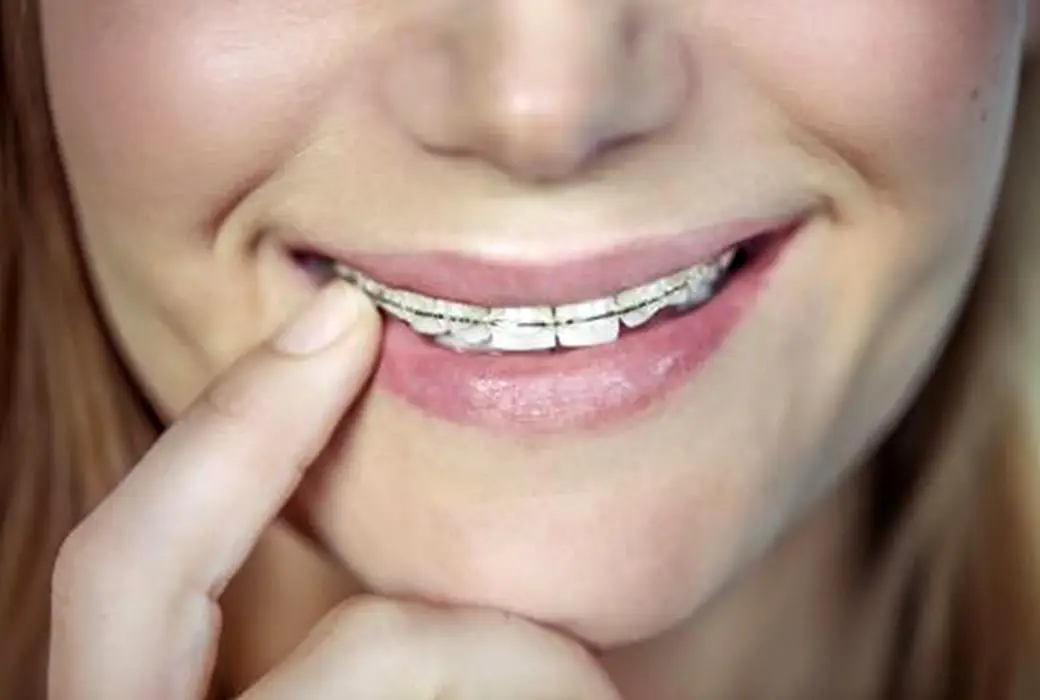
FAQ on orthodontic emergencies in the context of Covid-19
The current situation worldwide, due to the SARS-COV-2 pandemic, brings a number of limitations in terms of patient access to dental services. As a result, during the state of emergency, both in Romania and in other countries in Europe and the USA, dental clinics only provide emergency treatment, which does not include orthodontic emergencies, according to the documents issued by the competent authorities.
There are, however, many situations in which patients with removable and fixed braces need emergency referral to a specialist:
- Loosening of brackets/tubes/ elastics;
- Spring pulled out of the tube and injured tissues in the oral cavity;
- Activation and wearing of mobile appliances, activation of expanders, wearing of mouthguards, disinsertion of mini-implants, inflammation of gingiva;
- Removal of fixed appliances cemented to the teeth (lingual arch, lingual shield, trans-palatal arch, Nance appliance, etc.).
Most frequently asked questions about orthodontic treatment in the Covid-19 pandemic
Will orthodontic treatment be prolonged if I don't go to the doctor during this period?
The evolution of the case will be slower, but there will be, and there will be a reasonable time lag (which, depending on the period until the orthodontist's check-up, may be several months). However, during this period the "braces don't sit idle" as you might assume, nor will they create irreversible undesirable effects:
a) fixed braces - the springs are active for a period of a few weeks, then they ensure that the results obtained are maintained, the forces used are small and friendly to the supporting tissues of the teeth.
b) intermaxillary and extraoral elastics should be worn as prescribed by your doctor. If you have run out of elastics, you can ask your specialist/clinic to send you a new supply.
c) removable appliances, such as custom-made braces (Invisalign, etc.) are worn in the order of the set-up, the situation will be reassessed at the end and, if necessary, additional finishing braces/aligners will be ordered.
d) fixed devices such as expanders, distalizers, mouse traps, etc., whether or not anchored to the mini-implants, will stabilize the result after the activation phase
e) consistently worn retainers will maintain the results obtained during orthodontic treatment.What do I do if a rubber band falls off the bracket or a metal ligature detaches, or the end of a metal ligature bothers me?
A module, an elastic or a ligature detached from a bracket does not destabilize the appliance, the arch wire remains attached to the rubber bands/ligatures on the brackets placed on the other teeth.
The end of the metal ligature that is causing discomfort can be repositioned so that it no longer irritates the soft tissues using a pencil with an eraser at the end, an ear cleaning stick, etc.
What do I do if the spring comes out of the tube/band?
The spring that comes out of the tube/band can be reinserted with tweezers if it is elastic, round in cross-section and small in size. If it is stiff, rectangular in cross-section and difficult to handle, it can be cut using instruments that your doctor will indicate and only with his or her agreement.
What do I do if a bracket comes loose?
I leave it there if it does not bother me and does not cause me discomfort, and I remove it as instructed by the orthodontist if its destabilization causes injury.
What do I do if my teeth start to hurt really badly? What could be the cause?
I contact the specialist, offer all the information about the problem and send him sufficiently conclusive pictures so that he can have an objective picture of the situation. I wait for the doctor’s intructions, I do not take any action on my own and I do not self-medicate.
If the patient is in the pre-surgical orthodontic preparation phase (orthognathic surgery), they should be aware that the treatment is likely to be prolonged.Also, extra-oral appliance wearers should strictly refer to the coordinating orthodontist for guidance on the steps to be taken, to ensure continuity of treatment.
It is important to keep in constant contact with the coordinating orthodontist and act under his/her direct guidance. The orthodontist knows the case, and the medical history of each patient; therefore, his/her advice will bring balance to the treatment, even in this particular context where routine visits are inaccessible.
If, however, you are still unable to reach your doctor, you can write to our team of orthodontists at help@dentestet.ro. They will certainly be able to give you sound advice.


